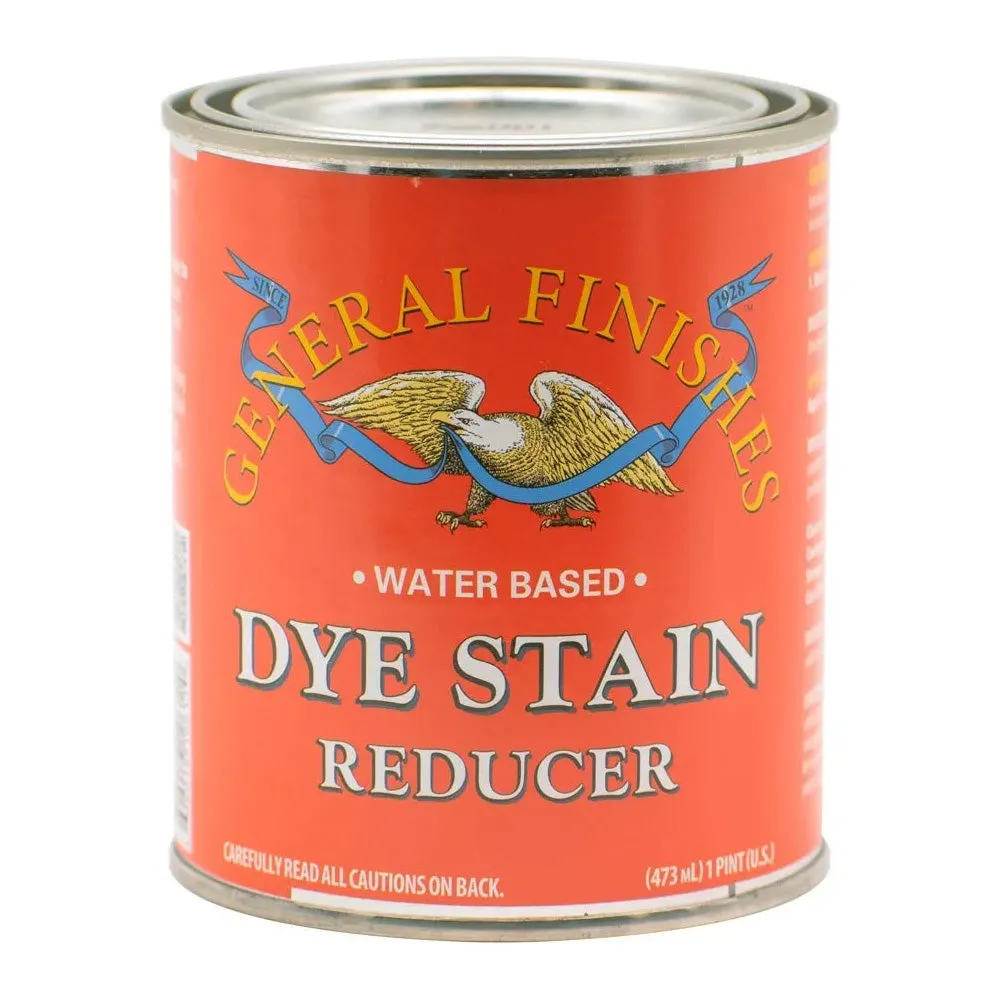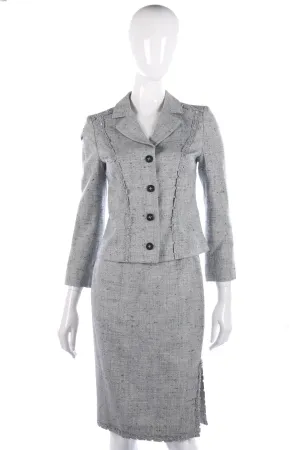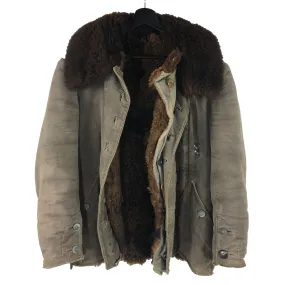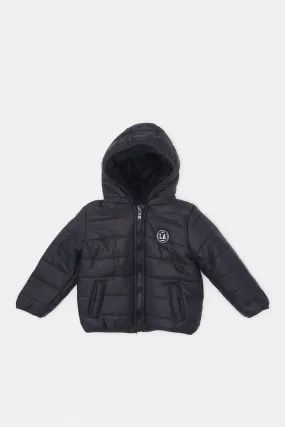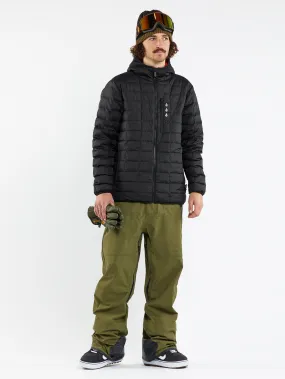Dye Stain Reducer is the clear base used when manufacturing and can be used to make custom Dye Stain colors and for toning.
Creating A Custom Color
Add 10% increments of Dye Stain Reducer to until you achieve your desired color. Any percentage of stain or reducer can be added.
Please note:
- Dye Stain Reducer will lighten the color and thin the viscosity of stain.
- Dye Stain Reducer will cause Water Based Wood Stain to penetrate deeper into the wood.
Using Dye Stain as a Pre-Stain Conditioner
Control even penetration of Dye Stain by applying a coat of Dye Stain Reducer over raw wood before using Dye Stain.
Dry Time
Dry 2 hours between coats & before GF water-based stain or topcoat in ideal conditions: 70°F/20°C; 50-70% humidity. Cooler temperatures & higher humidity may prolong dry time. Dry 24 hours before applying GF oil-based products.
Don't forget your !
[TABS]
Specs
Product Colors: Clear
Base Type: Water
Ambering: No
Interior or Exterior: Interior only
Type: Water Based Stain
Coats: 1 coats
Application Method: Brush, Spray
Usable over existing finishes: No
Spray Tip Sizes: HVLP 1.1mm-1.3mm
Topcoat Required: Yes
Dry Time - Touch: 30 min.
Dry Time - Recoat: 2 hrs.
Coverage: 60-80 sq. ft.
Viscosity: Very Thin
Storage
- Pry open sealed lids with a paint can opener by hooking under the lid's rolled edge. The use of a screwdriver can disfigure the rim and lid, impairing a complete seal.
- Keep lid closed while working. Pour what you will use into a bowl, paper cup, or plate, and close can lid as you work.
- Clean the chime of the can thoroughly with a paper towel before closing to create a complete seal. Paint in the chime can be minimized by using a pouring lid, such as Fitsall. Avoid wiping used brushes on the lid.
- Pound the lid in place using a rubber mallet to avoid distorting the chime or lid. Dents in the lid from direct contact with a hammer can impair a complete seal. Alternatively, place a flat piece of wood over can lid and firmly pound shut.
- Store in moderate temperatures. Avoid temperatures below 50°F/10°C or above 100°F/26°C. Frozen and heat-damaged product cannot be revitalized. Temperature-controlled spaces, such as a basement, are ideal for storage. Do not store product in an attic, garage, in direct sunlight, or next to something warm like a water heater or furnace.
- Store can upside down to create a liquid seal, minimize evaporation and reduce the chance of crystallization. Decant remaining product from the can before stirring.
- Decant leftovers to a smaller container when the finish is almost used up. Alternative storage containers for water-based products are plastic FIFO bottles or glass bottles. Do not fill metal-lidded containers completely to prevent them from rusting.
[/TABS]




